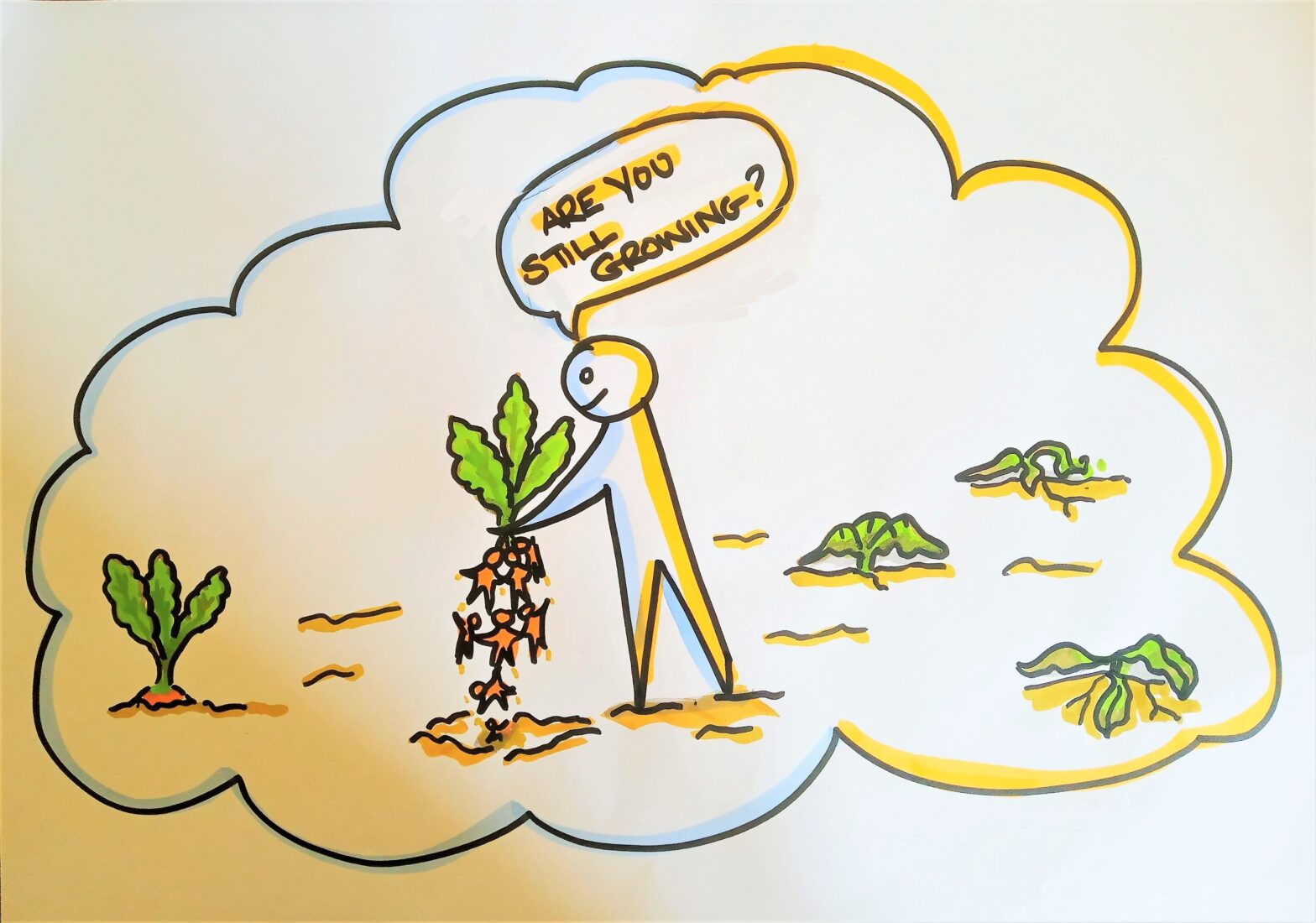I am going to say it…” too many surveys”
Possibly a bit rich coming from me, having just pulled together a local online survey…but I am currently sitting with eight surveys waiting for me to complete. They are all meaningful and are ones I am keen to contribute to, but I am looking at spending a day out of my working week to undertake them all to provide considered responses.
Therein lies the challenge. In the wake of COVID19, all sectors of society want to maximise the impact of lessons learned and realise ways in which we can build back better. We need to understand how the pandemic has changed communities and yes people will want their say on COVID-19’s impact on almost all aspects of our lives. Consultation, questionnaires, surveys, engagement will be inevitable and necessary.
With the acceptance of digital engagement and its accessibility, do we risk creating a new ‘Tragedy of the Commons?’ The commodity being ‘community goodwill‘. In researching scholarly articles on survey fatigue, I discovered I was not the first to make this comparison. (Adrian Field, Evaluation Matters New Zealand Council for Educational Research 2020)
We have seen the ongoing response of communities supporting those in need for close to 18 months now. Whilst there is still the broad feeling of making a difference and community spirit, there is that element of burnout. This is heightened when the observations are those issues such as food poverty are concerns not just as a result of the pandemic but wider social deficiencies. A famous quote by Desmond Tutu, captures the position and opinion of many people I speak to now,
“There comes a point where we need to stop just pulling people out of the river. We need to go upstream and find out why they’re falling in.”
…and so, we need to ask, consult, engage, survey communities experiencing volunteer burnout, pandemic burnout, lockdown burnout. How do we approach this without over grazing or overfishing that community goodwill?
The pandemic has created opportunities to foster stronger relationships between sectors on a local level. These relationships are to be nurtured if we are to develop and encourage real trust.
We need to think about what our audiences want, rather than just what we need from them. Too often community consultations and engagements can be seen as a list of questions that need responses. A ‘tick box’ exercise. Community participation works best when it is meaningful and consequential. Creating a dialogue that the community cares about joining in with.
We know our communities are keen to see positive change and that move to build back better, should we start this by community participation in exploring ways in how we gather the valuable data that is needed to inform and influence these changes?
When our inboxes are filled with feedback requests from every online purchase and we are being consulted on a local, regional, and national level, how do we cut through the survey noise, engage positively and not kill off that goodwill?
We can perhaps learn from the mistakes of some online retailers who can be relentless in the calls for feedback to the point of annoyance. Imagine if every time you popped into your local grocery store for a bottle of milk you were asked to complete a satisfaction survey, that fairly positive experience could quickly descend into one that is less so. Fortunately, the retailer can take from your repeat business that you are happy with the product, place, service and pricing so doesn’t feel the need to give you a feedback form.
Having made more purchases online in last year or so, it does start to impact on my shopping experience if I am continuously asked for feedback on my purchase.
How much can we learn from observing the behaviour and habits of our communities or can we make engagement more joined up learning from engagement already undertaken?
There is a renewed interest in local areas and people are more interested in their local communities than ever before. Harnessing this interest will be essential to ensuring the many decisions needed as we move toward recovery will truly reflect the needs of local communities. We need to get this right.

